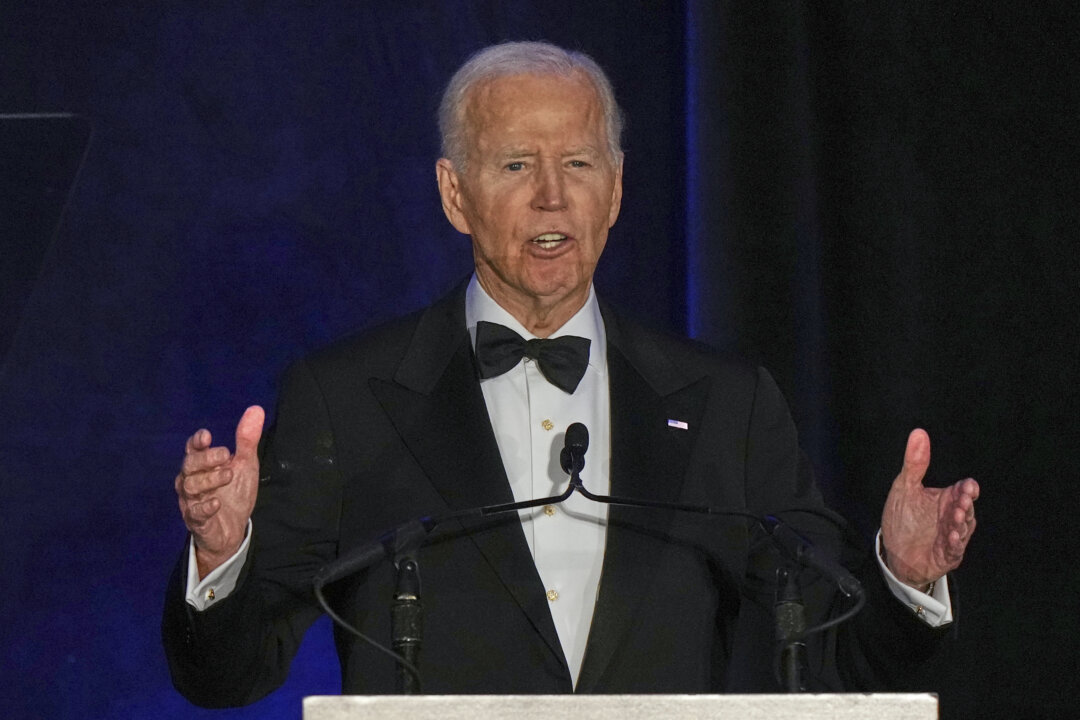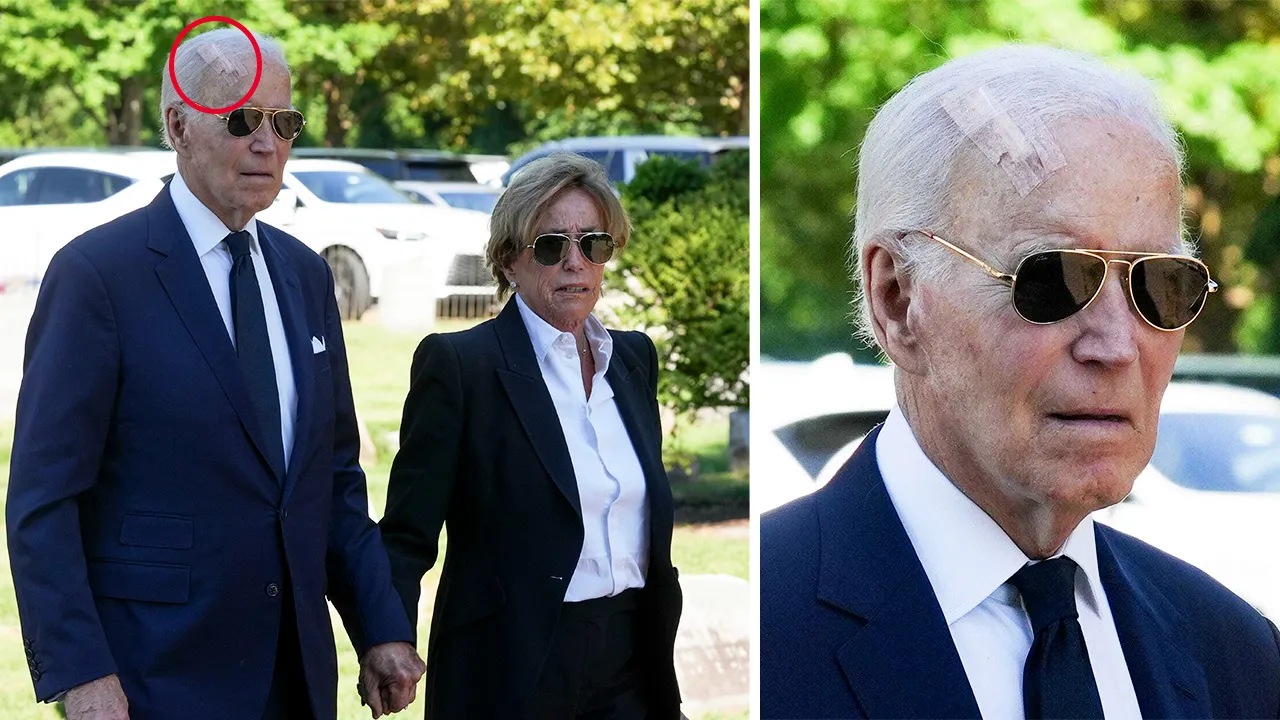President Biden Undergoes Successful Skin Cancer Removal
President Joe Biden recently underwent Mohs surgery to remove basal cell carcinoma from his forehead. All cancerous tissue was successfully removed, requiring no further treatment.
Subscribe to unlock this story
We really don't like cutting you off, but you've reached your monthly limit. At just $5/month, subscriptions are how we keep this project going. Start your free 7-day trial today!
Get StartedHave an account? Sign in
Overview
- President Joe Biden recently underwent Mohs surgery to remove basal cell carcinoma, the most common form of skin cancer, from his forehead.
- The White House physician confirmed that all cancerous tissue was successfully removed during the procedure, with no further treatment required for the skin cancer.
- Biden was seen with a bandage on his head following the surgery, leading to public speculation before his spokesperson confirmed the procedure.
- Mohs surgery, a precise technique, was used to remove thin layers of tissue and analyze them under a microscope for complete cancer cell removal.
- The Biden family has a history of battling cancer, including his son Beau's death from a brain tumor and wife Jill's removal of cancerous lesions in 2023.
Report issue

Read both sides in 5 minutes each day
Analysis
Center-leaning sources cover this story neutrally by presenting factual information about Joe Biden's recent skin cancer procedure and previous prostate cancer diagnosis. They avoid loaded language and focus on reporting confirmed details from a spokesperson, providing a straightforward account of his health status and relevant personal context.
Articles (11)
Center (4)
FAQ
Basal cell carcinoma is the most common form of skin cancer, typically arising from prolonged sun exposure and appearing as open sores, red patches, or shiny bumps on the skin.
Mohs surgery is a precise surgical technique that removes thin layers of skin one at a time, examining each layer under a microscope to ensure complete removal of cancer cells while sparing healthy tissue; it is highly effective for treating basal cell carcinoma.
Recovery generally involves resting and avoiding strenuous activities for at least one to two weeks, keeping the surgical site clean and dry, managing mild pain or swelling with over-the-counter medications, and protecting the area from sun exposure; healing usually completes within four to six weeks.
When all cancerous tissue is successfully removed during Mohs surgery as confirmed by microscopic examination, no further treatment is typically required, though follow-up appointments may be necessary to monitor healing and detect any new lesions.
The Biden family has experienced multiple cancer cases, including the death of his son Beau from a brain tumor and his wife Jill's removal of cancerous skin lesions, highlighting their personal history with cancer and possibly influencing attention to early detection and treatment.
History
- This story does not have any previous versions.









